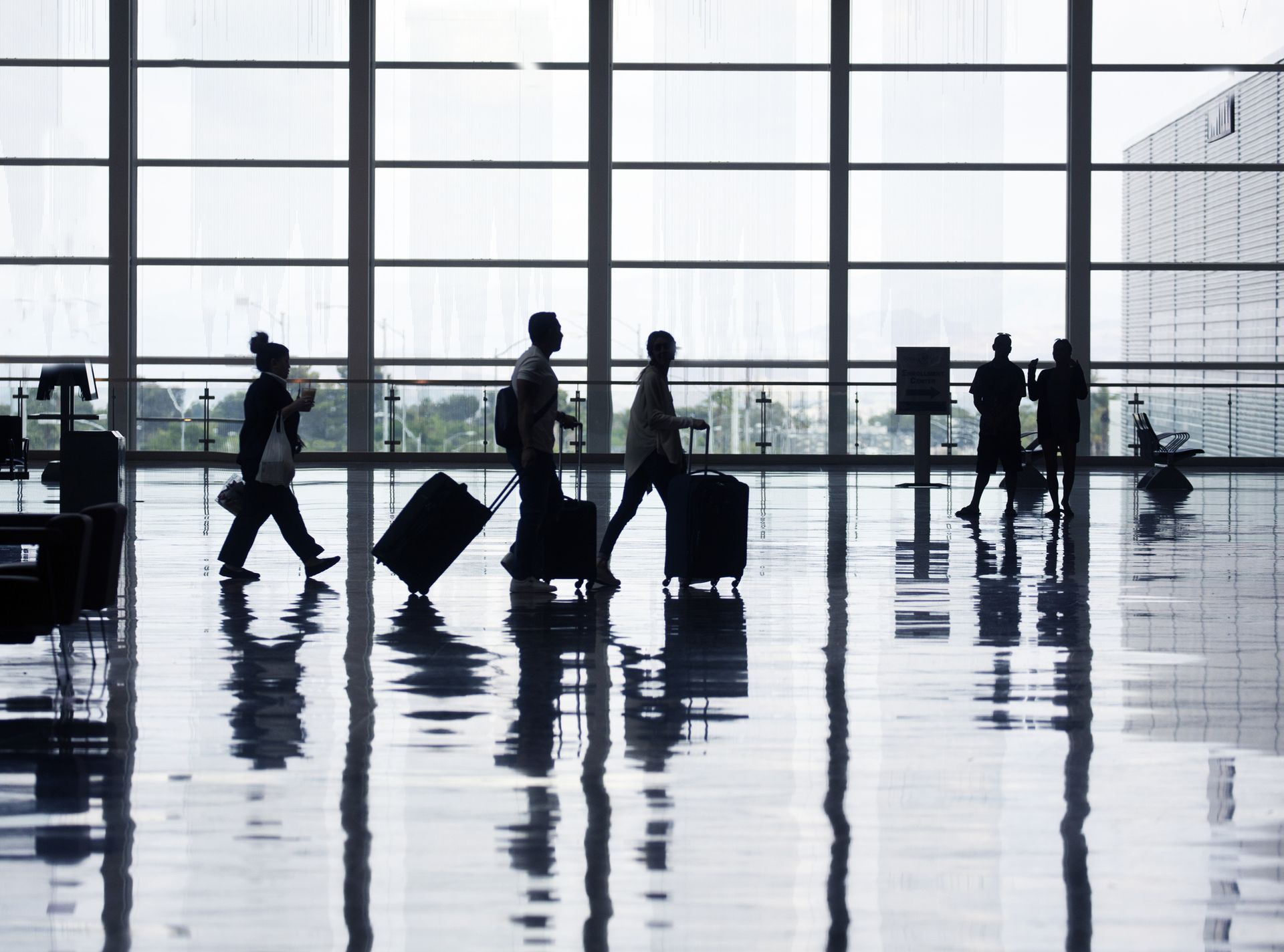By Jamie Feldman
Published on 6 March 2024
The Biden administration’s recent move to improve conditions for wheelchair users at airports has been long overdue, according to two advocacy groups. This initiative aims to address the inadequacies that many individuals with mobility disabilities face while traveling.
The proposed rule would represent the largest expansion of rights for passengers with wheelchairs since 2008, as stated by Department of Transportation (DOT) Secretary Pete Buttigieg. It intends to hold airlines accountable for mistreating wheelchairs and to enhance protections for passengers at airport facilities and on planes.
“Millions of Americans with disabilities do not travel by plane because of inadequate airline practices and insufficient government regulation. However, we are committed to changing this,” Buttigieg said. “This new rule aims to transform airline operations to facilitate safe and dignified travel for wheelchair users.”
Key Proposal Highlights
The proposal seeks to take action in several crucial areas, including:
- Implementing penalties for airlines that mishandle wheelchairs, classifying such incidents as automatic violations of the Air Carrier Access Act. This will make it easier to hold them accountable for any damage to a passenger’s mobility device.
- Providing enhanced training for airport employees responsible for assisting passengers with mobility challenges, ensuring prompt and effective service.
- Establishing better communication standards regarding the location of wheelchairs and other mobility aids during boarding and disembarking from flights.
Air Travel Challenges for Wheelchair Users
Traveling by air can be particularly challenging for individuals who rely on wheelchairs. A report highlighted in the New York Times emphasized the various difficulties wheelchair users encounter, yet there has been a significant push toward enhancing accessibility within the airline industry.
Maria Town, CEO and President of the American Association of People with Disabilities, asserts that while the proposed rule is a step in the right direction, it highlights merely the beginning of what needs to be accomplished to ensure safety and comfort for all travelers. She remarked, “Currently, many disabled individuals opt not to fly due to the high risk of damage to their essential mobility equipment.”
Moreover, Town noted that the potential for improved experiences is present through increased training requirements for airline staff and the provision of loaner equipment for travelers.
Suggestions for Improvement
Town provided additional suggestions for how the proposal could broaden its scope. Wheelchairs are not the only devices at risk of damage during air travel. The proposal could also extend to other essential devices, such as breathing apparatuses and communication aids. “The disability community is diverse; hence the equipment we depend on varies widely,” she pointed out.
Industry Responses to Accessibility Challenges
John Morris, founder of wheelchairtravel.org, voiced a concern over the adequacy of the proposed regulations. He stated, “The DOT must assertively enforce accountability for violations to ensure these regulations impact passenger experiences significantly.” The sustainable improvement in accessibility is imperative, and Morris stresses the need for enforcement actions in response to breaches of regulations to achieve meaningful changes.
The proposed regulations come more than three decades after the Air Carrier Access Act’s passage, yet violations persist. The call for proactive accessibility regulations could transform air travel, which remains among the least accessible modes of transportation for many individuals with mobility challenges.
Other Accessibility Initiatives
In January, AccessibleGO, a travel search engine designed for travelers with disabilities, expanded its offerings. The platform now includes options for equipment rentals, accessible flights, and rental cars customized with hand controls, among others.
Additionally, Starbucks has taken action to enhance accessibility in its new store concepts, featuring wider doors and portable digital menus to accommodate all customers. Such initiatives represent a growing awareness of the necessity for inclusivity within public spaces.
Overall, the Biden administration’s proposals mark a crucial step toward improving the air travel experience for wheelchair users. Continuous efforts and expanded measures will be necessary to foster a more inclusive environment for all travelers.




